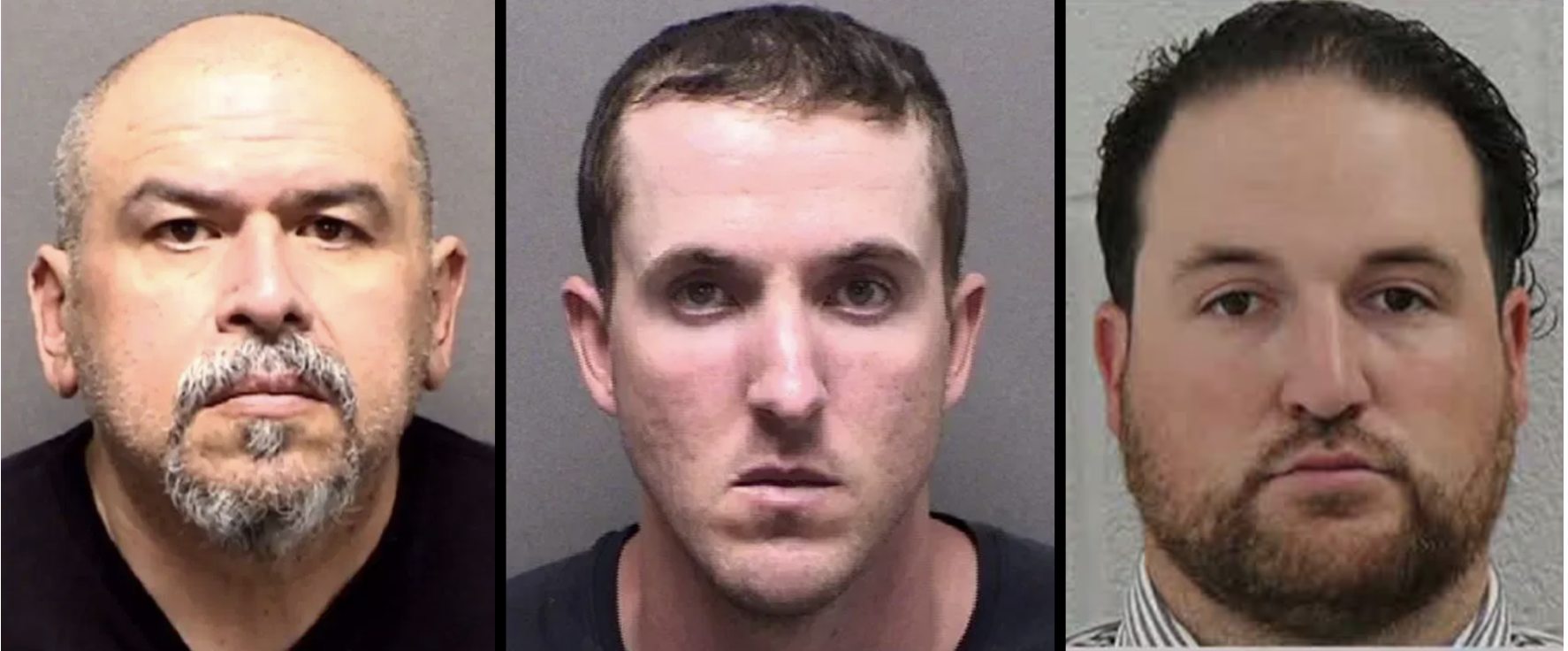It was parents versus vendors, as legislation to remove sexually explicit books from public school libraries was considered during a late night hearing of the Senate Public Education Committee.
Known as the “Restricting Explicit and Adult-Designated Educational Resources (READER) Act,” House Bill 900 by State Rep. Jared Patterson (R–Frisco) requires library material vendors to rate content as “sexually explicit material” or “sexually relevant material” if warranted; bars public school libraries from holding, acquiring, or purchasing sexually explicit material; and requires public schools to obtain a parent’s written consent before allowing a child to check out a book marked as sexually relevant material.
It also establishes guidelines for the State Library and Archives Commission to consider in adopting library collection development standards for public schools.
HB 900 is a legislative priority for Speaker Dade Phelan (R–Beaumont) and the Republican Party of Texas and passed the House with a bipartisan 95-52 vote on April 20. A similar measure, Senate Bill 13 by State Sen. Angela Paxton (R–McKinney), is a legislative priority for Lt. Gov. Dan Patrick and passed the upper chamber along party lines on April 13.
Paxton, the bill’s sponsor in the Senate, said it “provides another tool to address this issue from a different perspective,” explaining that it seeks to regulate the materials available to public school students by implementing requirements on book vendors rather than local school boards, as SB 13 does. As SB 13 has not yet been scheduled for a hearing in the House, however, Paxton said she was working with Patterson’s office to “synchronize the library standards language” between the two bills.
HB 900 would “provide increased transparency for parents and school districts regarding the content in school library materials,” Paxton explained.
State Sen. Pete Flores (R–Pleasanton) asked Paxton, “How can we expect these out-of-state vendors to have the same community standards that we have in Texas?”
Paxton explained that the bill uses “well-defined terms” to guide vendors in assigning ratings and that the Texas Education Agency would be authorized to review those ratings and prevent a vendor that assigns an incorrect one from selling to school districts.
HB 900 defines “sexually explicit material” as descriptions or depictions of sexual conduct deemed “patently offensive,” a standard defined by the Texas Penal Code and Supreme Court precedent. “Sexually relevant material,” on the other hand, is not “patently offensive” but otherwise has the same meaning as “sexually explicit material.”
The committee heard testimony from more than two dozen witnesses, and around two-thirds of witnesses present opposed the legislation. While those who supported the measure said it would empower parents and protect children from being exposed to inappropriate content, opponents said it would be impractical and amount to censorship.
Critics asserted the proposal is “not feasible” and would have “unintended consequences,” arguing that the required ratings are poorly defined and would be interpreted inconsistently. They also claimed the proposal would be exceedingly burdensome for vendors and could put some of them out of business, and it would slow down the acquisition of new books for school libraries.
The CEO of an independent Austin bookseller said it would be impossible to review their transactions from the last 50 years and notify every school district they sold to which books are considered “sexually explicit” or “sexually relevant.” A school librarian said it would prevent her from purchasing books while vendors assigned ratings to each of the 18,000 books in her school’s collection.
Leila Little of Llano said HB 900 “will enact state-sponsored censorship in our schools” and amounts to “book banning.”
“To say that this bill protects students is farcical,” she added.
Maggie Stern of the Children’s Defense Fund of Texas urged lawmakers to “reject fear mongering,” arguing the bill is “part of a well-documented trend of banning books … disproportionately targeting stories about race and racism, LGBTQ+ identity, and mental health.” She added that it “creates a surveillance system that harms young people who are experiencing abuse or living with … homophobic families.”
Proponents of the bill, however, disputed these arguments.
Christin Bentley, a member of the State Republican Executive Committee and the leader of its Stop Sexualizing Texas Kids initiative, said she found books in her son’s high school library with “sexually explicit content that does not leave anything to the imagination.” She explained that “we have librarians who have been completely radicalized,” and she argued that “the state has a compelling interest to protect children, not vendors.”
Copperas Cove resident Laura Pressley said “obscenity is not a First Amendment protection,” arguing that “we are called to protect children regardless of how inconvenient it is.”
Austin Griesinger, policy director for the Texas Family Project, said HB 900 is “not censorship, just as not permitting a child to attend a graphic R or NC-17 rated movie is not censorship.”
“Institutions of education should not engage in exposing children to material of a sexually explicit nature,” he said, arguing that HB 900 “protects the innocence of our children.”
Austin resident Jackie Besinger said that sexually explicit books in school libraries have caused “emotional and physical damage” to children.
“There’s rape in schools right now because these kids are all excited about what they’re reading,” she explained, alluding to recent allegations from Plainview ISD that a 6-year-old female student was sexually assaulted by a male classmate.
“These books are harming children,” Besinger concluded. “They will be the next generation of broken adults.”
HB 900 was left pending at the hearing’s conclusion. If the Senate passes an amended version of the bill, the House must sign off on any changes before it can go to the governor’s desk.
The legislative session ends May 29.
No ads. No paywalls. No government grants. No corporate masters.
Just real news for real Texans.
Support Texas Scorecard to keep it that way!





